17:22, 21/06/2023
Germany needs China, but also wants to reduce its dependence on it.
After German Chancellor Olaf Scholz received Chinese Premier Li Qiang on June 19, ministers from both countries met on June 20 to strengthen cooperation on a number of issues ranging from combating climate change to sustainable development.
China remains Germany’s most important trading partner, ahead of the United States. Over the past 10 years, trade with China has practically doubled to around 300 billion euros ($327 billion).
The contradictory nature of the relationship can be seen in the fact that official German documents now regularly refer to China as a partner, competitor and strategic rival at the same time.
Claudia Schmucker, head of the Center for Geopolitics at the German Council on Foreign Relations (DGAP), said that reconciling these different interests is one of the important “balancing acts” in the current consultations.
“Germany is really trying to strike a balance here, not decoupling and not de-risking too much, while keeping the trade relationship strong and more oriented towards the US,” Ms. Schmucker explained.
The German government 's consultations with China began in 2011, initially emphasizing a partnership. In 2014, the relationship was even upgraded to a "comprehensive strategic partnership." But some things have changed since then.
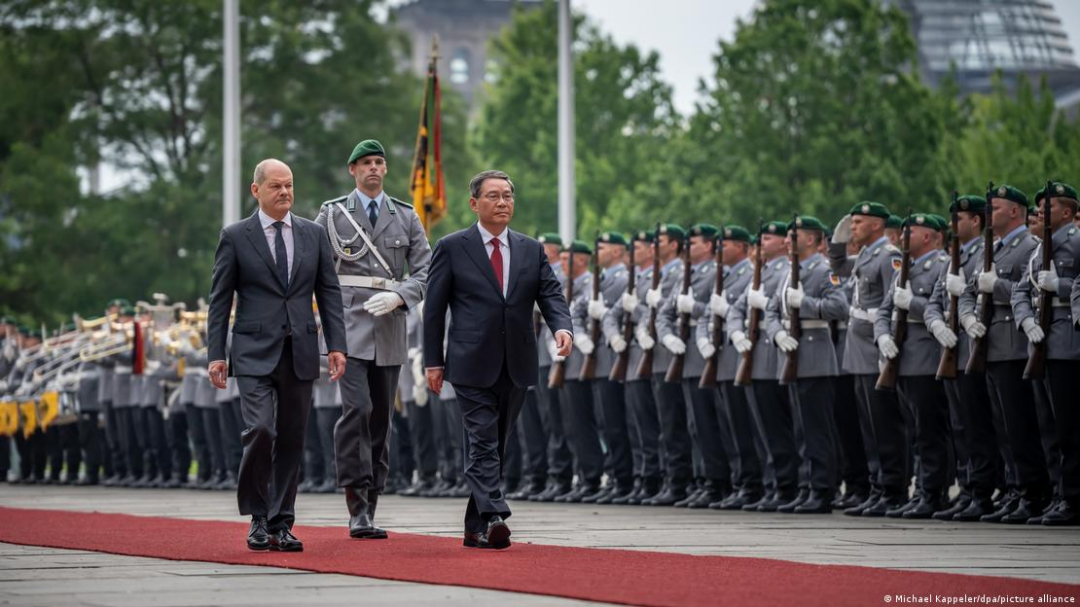 |
| German Chancellor and Chinese counterpart inspect an honor guard in Berlin. Photo: DPA |
Although Germany has taken a more critical tone towards Beijing since the last direct consultations in 2018, Europe's largest economy remains heavily dependent on China, with about 45.1% of its imports going to the country.
China remains a hugely important market. More than 5,000 German companies with 1.1 million employees operate in the East Asian country. In addition to big names like Volkswagen and BASF, there are countless mid-sized companies. All benefit from China’s cheap labor and huge domestic market.
Germany sought to strike a middle ground when the government unveiled its long-awaited national security strategy last week, with Chancellor Scholz emphasizing that he did not want to sever ties with China but instead wanted to “reduce risks” – echoing a speech on China by European Commission President Ursula von der Leyen in March this year.
However, Mr Scholz has yet to outline details for this new approach, as the Social Democratic Party he leads is still struggling to reorient its foreign policy.
China has been one of the most contentious topics in Germany’s national security strategy. Although the document was originally scheduled for release last November, it was postponed due to disagreements over how to respond to Beijing.
Disagreements between Germany’s coalition partners are also evident in their new China strategy, a first draft of which was leaked last November and took a more confrontational tone.
For example, the draft strategy states a willingness to stop importing products from areas of China accused of “human rights violations” and a mandatory inspection of companies involved in “China-related” risks.
The leak of the document has sparked outrage from the Chinese government, with Beijing calling the document a “legacy of Cold War thinking.”
While the Green-led foreign and economic ministries have adopted a more hawkish approach to China, Chancellor Scholz's Social Democratic Party (SPD) has been less than forthcoming on the issue.
As Germany's largest trading partner and a key export market for its lucrative auto industry, the SPD dares not jeopardize economic ties and is still looking for a consistent position on the issue.
However, the June 20 government consultations also come at a crucial time for the EU as the European Commission prepares to propose a strategy to control investment and exports to China.
Chancellor Scholz has said he is not a supporter of such measures, as there are already enough rules in place to “guarantee the security of the EU economy”.
Meanwhile, experts have warned of the possibility of Germany taking a “go it alone” approach when it comes to China.
“I think we need to be much more cohesive within Europe in our discussions or in our relationship with China than we are now. Germany is often accused of going it alone here,” said Schmucker.
According to VNA/Tintuc
Source link


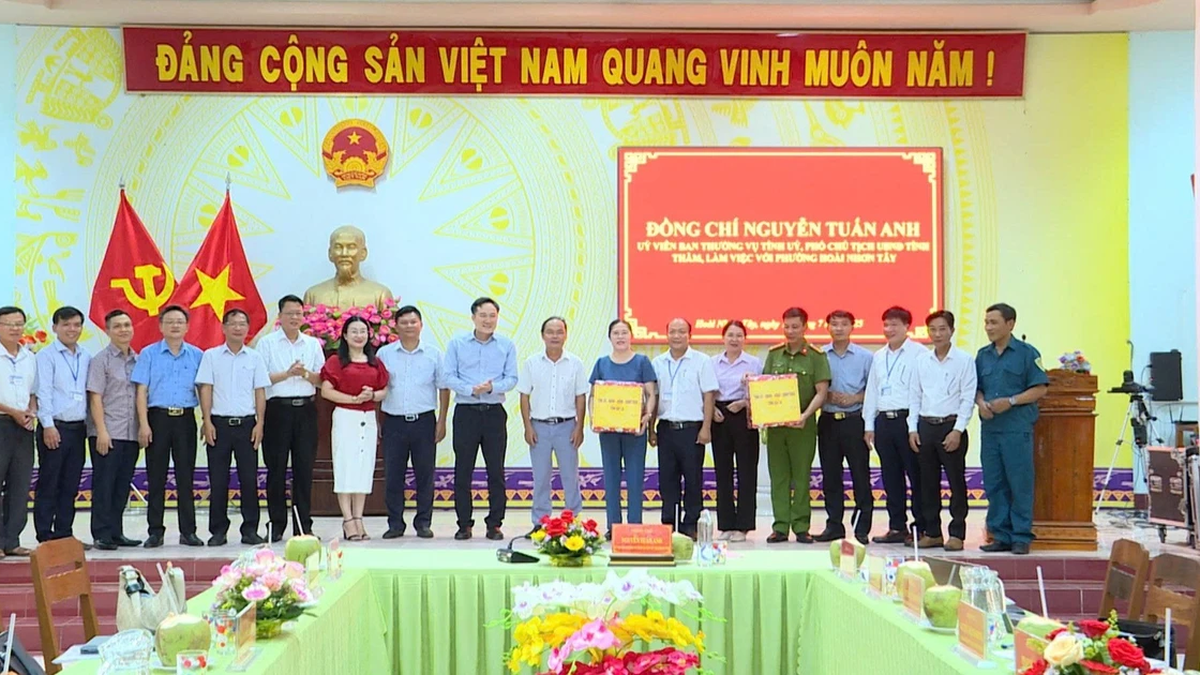
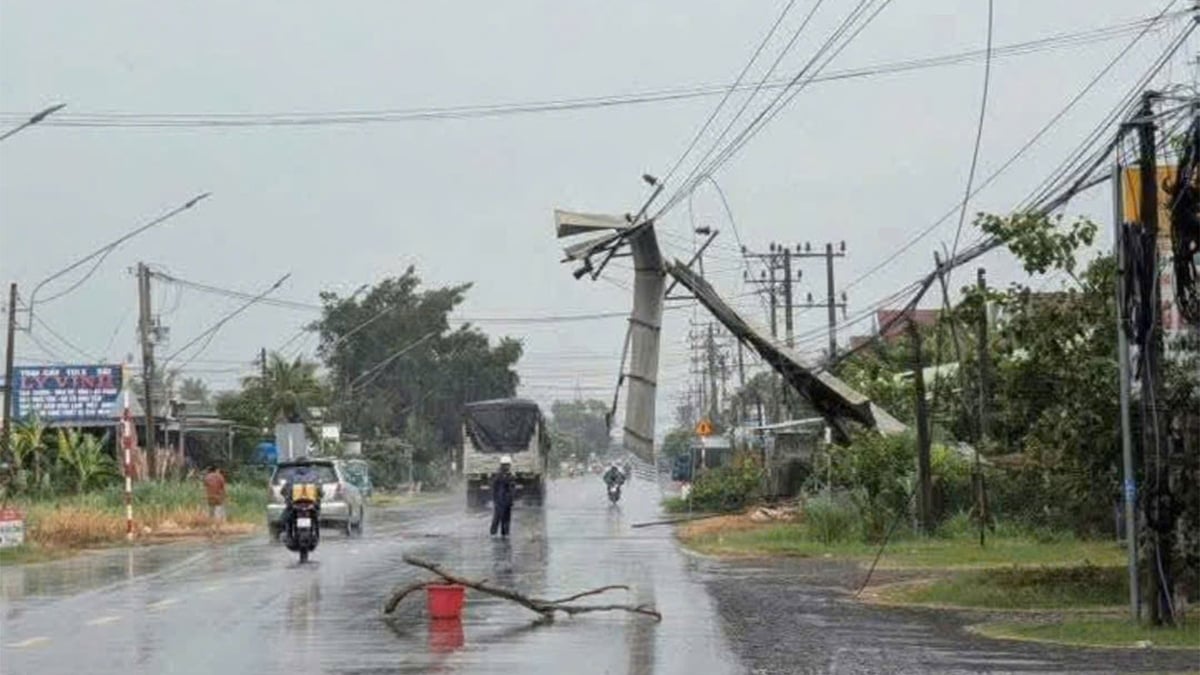


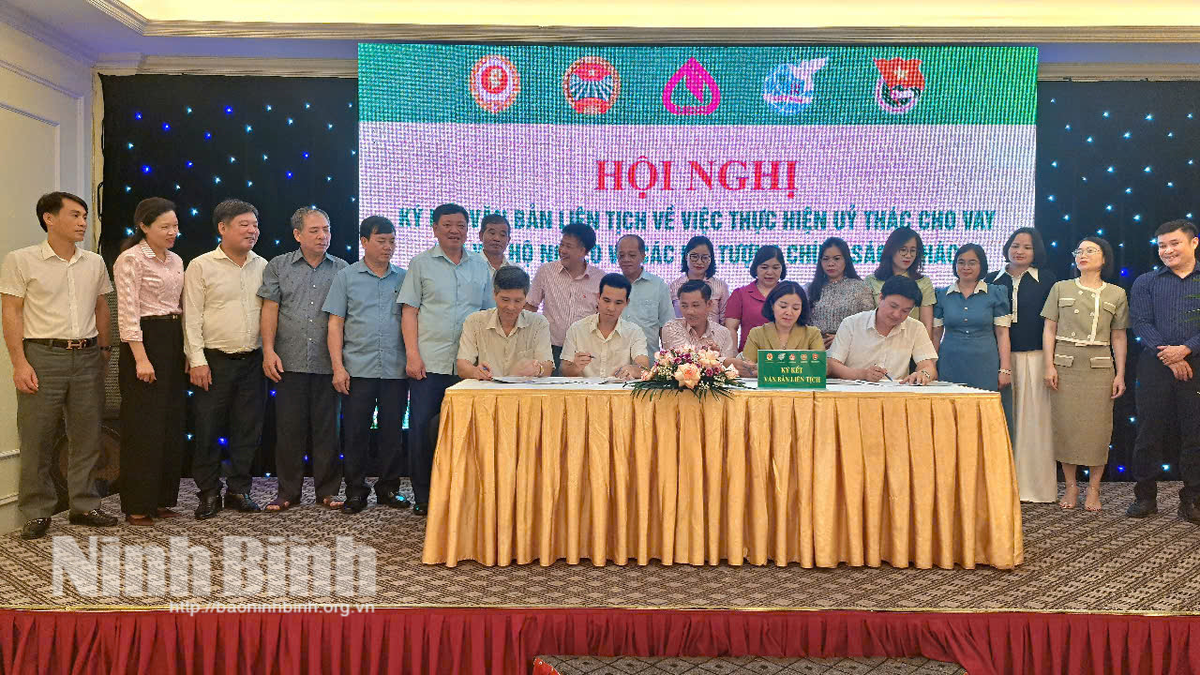
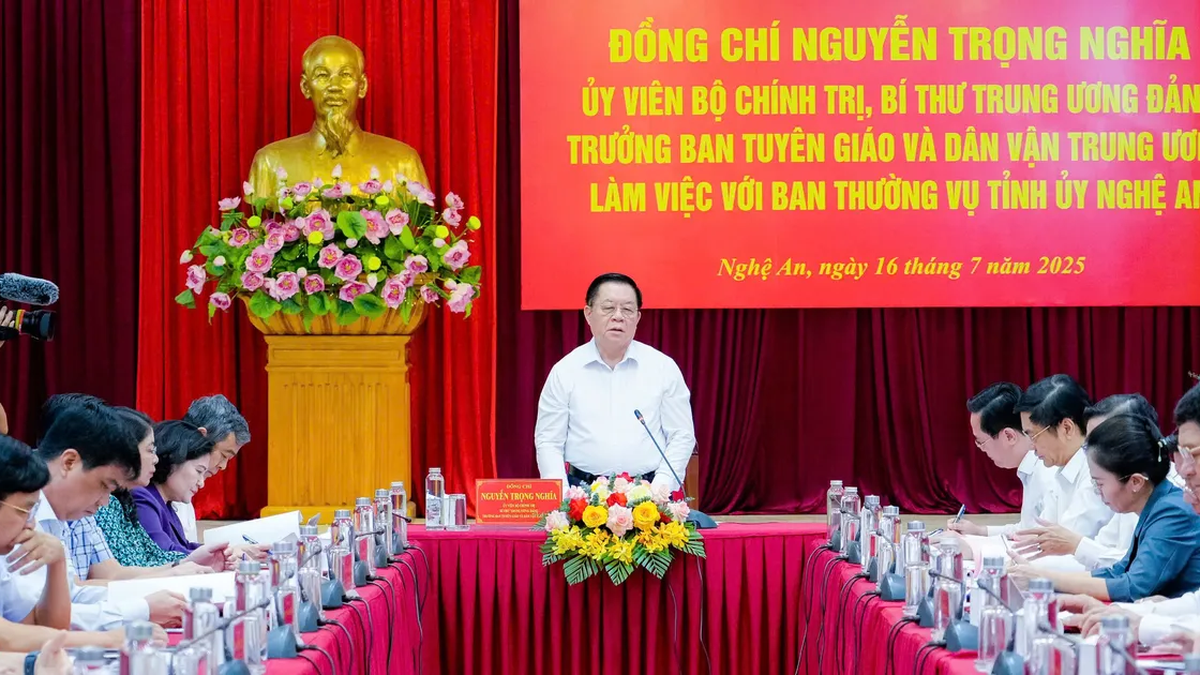

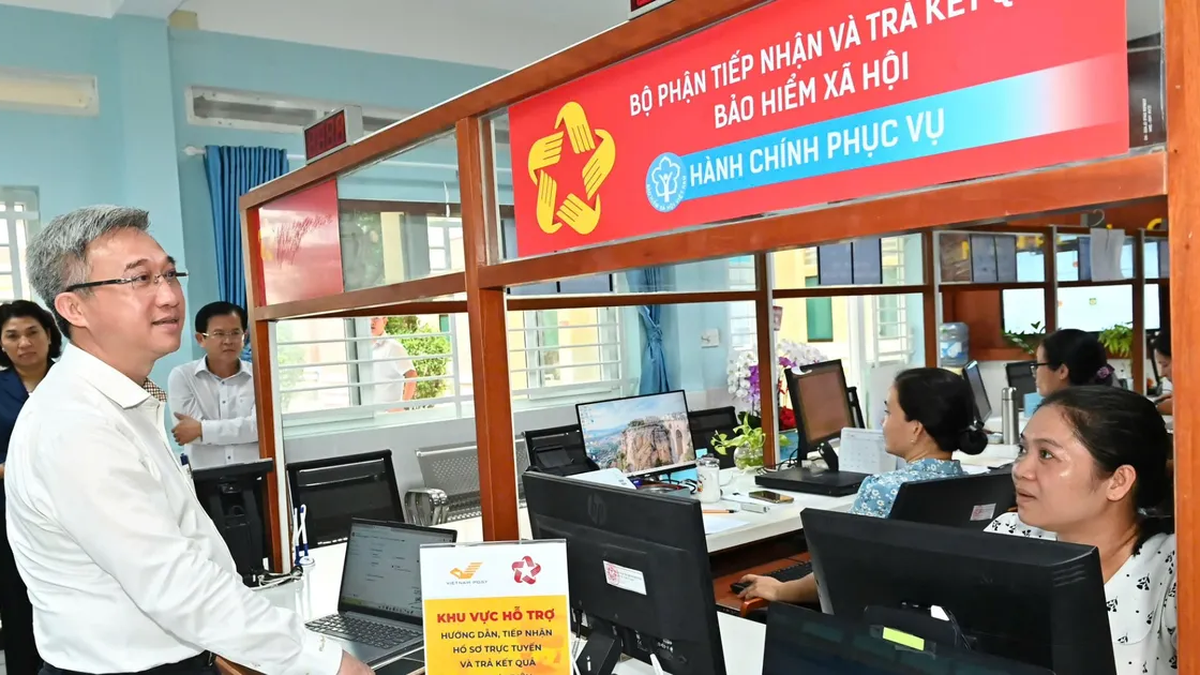

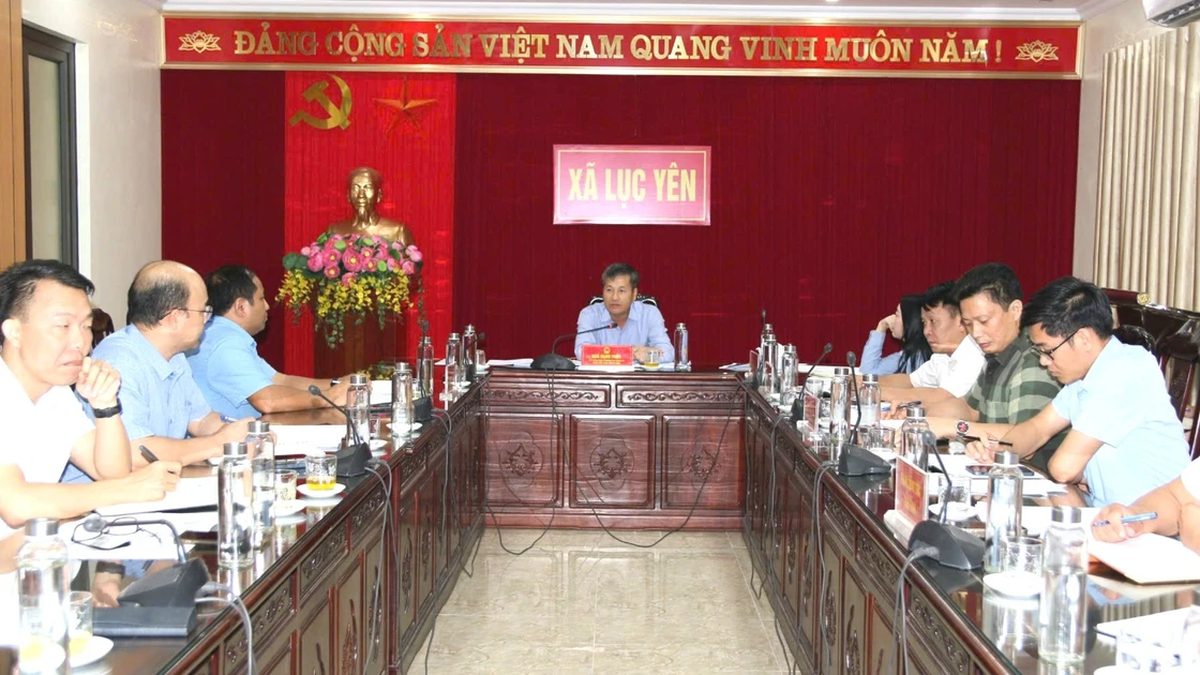








































![[Maritime News] More than 80% of global container shipping capacity is in the hands of MSC and major shipping alliances](https://vphoto.vietnam.vn/thumb/402x226/vietnam/resource/IMAGE/2025/7/16/6b4d586c984b4cbf8c5680352b9eaeb0)




















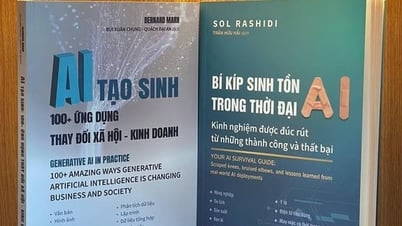
























Comment (0)